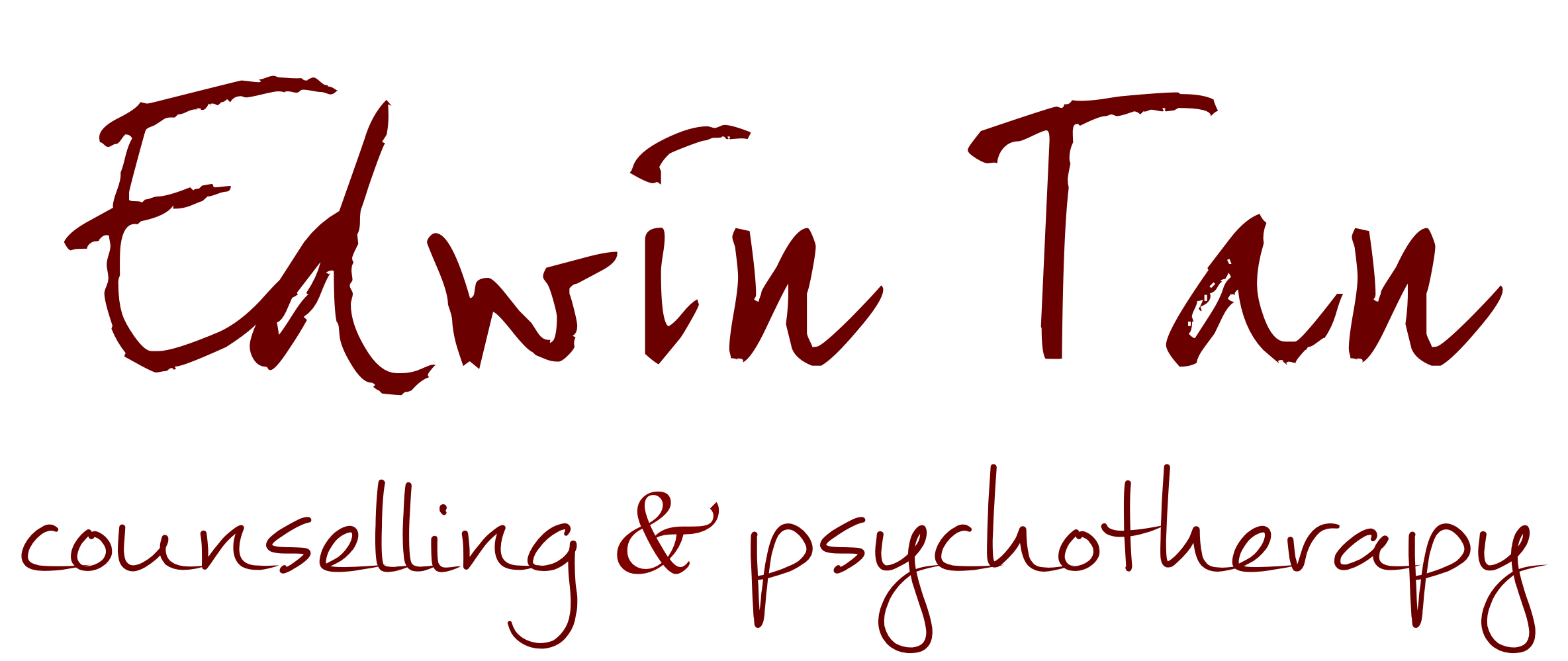To... and To Be...
“The greatest thing that we can do is to help somebody know that they are loved and capable of loving”
In the past year, there has been an increase in discourse and debate about kindness in our current social climate. Everywhere we turn, it appears that there is an onslaught against what used to be known as ‘common decency’ or gracious society. The headlines tell all the stories around the world about indignities suffered by individuals, groups and sometimes even entire countries, by thoughtless remarks, cruel jokes, and careless indifference to the feelings and realities of others.
In my work, I often hear discouraging stories about encounters my clients have where they have been treated with rudeness, indifference, hostility, even rage and violence, by people around them when there has been no provocation – I am not referring here to interactions my clients might have had with people they know, but rather, strangers whose behaviour towards them indicates a fundamental lack of empathy and respect for their fellow human beings.
It would be so easy to point fingers and try to trace the rise of this epidemic of gracelessness, but that strikes me as a reductive and counter-productive endeavour. What is clear, though, is that this kind of behaviour is a classic example of how we can sometimes treat others as objects rather than as people who have as much right to regard as we expect for ourselves.
At the heart of every situation and circumstance where this kind of unfortunate behaviour plays out is a sense that the perpetrator has more ‘right’, somehow, and that other people are merely inconveniences to be dismissed or discarded in pursuit of their ‘right’, to wit:
- The bicyclist pedalling on the sidewalk who shouted at one client to ‘get out (his) [expletive] way’ and kicked her as he passed by clearly felt he had more right to the footpath than she, as a pedestrian, did; and
- The young woman who cut in line in front of an elderly (male) client at the supermarket, blithely saying to him with a tight smile, ‘I’m in a terrible hurry, you understand’, made him feel his time was less valuable and he was unimportant compared to her.
All this begs the question: What happened to these people to make them come across as insensitive to the feelings and needs of others? What might have given them the sense that their rights and needs are more valid and urgent than those of others?
One general view is that they might be operating from a place of fear – that if they don’t assert themselves, they will not be seen nor heard; that unless they take these kinds of actions, they will themselves cease to matter. Another alternative is that they are merely re-enacting what they themselves have experienced at the hands of others – a kind of quid pro quo in social interaction terms which allow them to justify their behaviour as simply survival. Or, it could be as simple as they were having a challenging moment in their own lives and lashed out at innocent others because they were feeling overwhelmed. All – or none – of these could be true, but the inescapable fact is that regardless of the possibly reasonable explanation, there is a fundamental lack of empathy and disregard for another’s humanity being displayed, and this clearly indicates a lack of self on the part of the perpetrator. Allow me to explain.
In my work with clients, lack of self can be seen as an inability to love oneself – just as empathy is the first hint that someone cannot love another because, at core, they haven’t learnt how to love themselves. Love, in this sense, is not of the dewy romantic variety, but rather, refers to the positive regard for someone’s being – recognizing and respecting their vitality, unique qualities and innate humanity. People who lack empathy are not only blind to other people’s self-hood, they are often unaware of their own lack of self.
At the heart of this matter lies a paucity of love. People develop their capacity for awareness, empathy and love as a result of experiencing these qualities being demonstrated towards and modelled for them. The kind of environment that contributes and leads to an individual’s absence of self can often be described as unloving, unfeeling, uncaring, thoughtless and inhumane. Faced with such a person, the first – and often difficult – step is to meet unlovable behaviour with love, for an absence of love is what first led to this primal wounding. People who are afraid they are not loved and, worse, believe that they are unlovable, end up living out their greatest fear. If they can be met with what Carl Rogers described as ‘unconditional positive regard’, that might start them on their journey toward wholeness and self and enable them to feel empathetic towards themselves and others, and help them take actions that eventually have a positive impact on the people around them, and the world at large.

